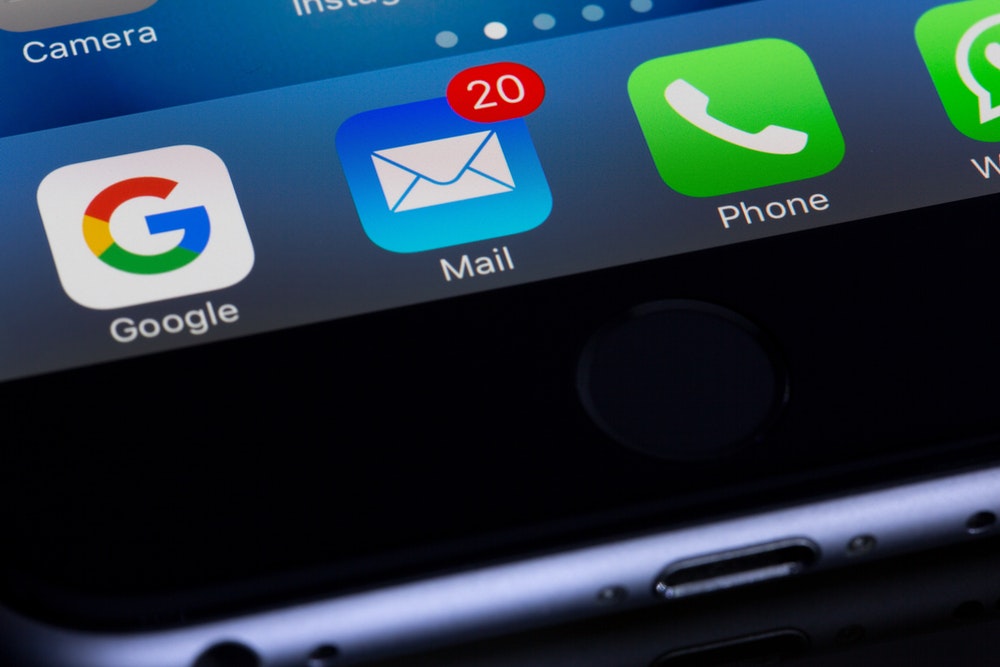COVID-19 has thrown businesses and workers into a state of panic and uncertainty — and scammers are out there exploiting it.
“There’s been a huge increase in COVID-19 phishing emails in the past couple of weeks,” said Connor Swalm, cofounder of Anchor Security, a Newark cybersecurity firm that specializes in phishing. “They can be much more effective than other phishing scams, and the people most susceptible are at risk of losing their businesses if they get scammed.”
Some of the manipulative tactics scammers use to steal information from victims include:
- “Informing” a person that there has been a sudden increase of cases in their community, and they should click for more information
- Claiming that a vaccine has been approved
- “Urgent advisories” that are supposedly from the government
- Offers for hard-to-find items like face masks
When working with clients, Anchor helps businesses send fake (but very realistic) phishing emails to their own employees as a training and awareness tool.
Now, the company is offering to do the same to anyone in the community, at no charge, to help decrease the number of people who are scammed.
It works in much the same way as their business service: You’ll receive periodic harmless fake phishing emails that look like real phishing emails. If you click on it, you’ll be taken to a “learning moment,” where it walks you through red flags you should look for, like a reply-all name that doesn’t match the sender name.
The idea is that, once you’ve been tricked once or twice by safe “phishing” emails, you’ll be less trusting when you receive a real scam and will know what to look for to avoid clicking malicious links.
Unlike the commercial service, you won’t receive any reports, though Anchor will gather data on how many recipients are clicking on the emails.
The service will continue indefinitely, even after the current crisis has abated.
“It’s something we’ve talked about doing, and right now, with the pandemic, it seemed like the right time to do it,” said Swalm. “For us, the free service doesn’t have a huge infrastructure cost, but it can have a huge impact on individuals.”
Register for free training






